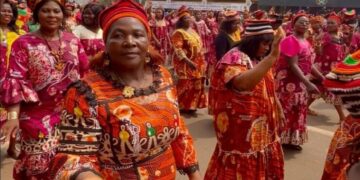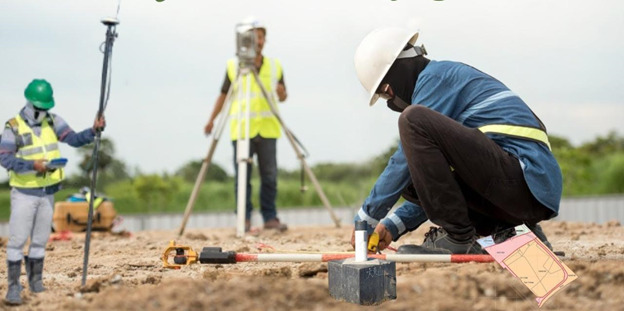Legal provisions in the country guarantee that Cameroonian youths aged 18 years and older have access to land certificates, which is a crucial step toward financial independence.
In Cameroon, many young people assume that acquiring a land title is a privilege reserved for older individuals. However, legal provisions make it clear that age is not a barrier to property ownership, although there is a legal requirement: youth can only acquire a land title once they reach the legal adult age of 18 years old. This means that individuals under 18 cannot legally own land or register a land title in their name. Despite this, once they reach adulthood, young people have the legal right to own land, which is a crucial step toward financial independence. The country’s legal framework, notably Ordinance No. 74/1 of July 6, 1974, establishes land tenure rules without imposing any age restrictions beyond the adult age of 18.
The 1996 Constitution further guarantees the right to property for all citizens. Yet, misinformation has led many young Cameroonians to delay investing in real estate, often believing they must wait until later in life. “This misconception has discouraged many from securing property early,” says a real estate consultant in Yaoundé. “But the law allows young people to own land once they turn 18, and they should take advantage of it.” The process of obtaining a land title requires several steps. Prospective buyers must verify ownership, ensure there are no disputes, and sign a notarized sale agreement. A cadastral survey follows to define the land’s exact boundaries before registration, which grants full legal ownership. Though administrative delays and financial constraints can complicate the process, owning land at a young age presents significant long-term benefits.
How Land Ownership Can Drive Economic and Social Change for Young Cameroonians
Property ownership provides security and opportunities for wealth accumulation. Land values appreciate over time, making real estate a sound investment. Additionally, it can generate income through rental or agricultural use and serve as collateral for business ventures. Those who acquire land early gain a financial advantage, allowing them to plan for the future with confidence. Early land acquisition also helps young people build equity, which can be reinvested into other profitable ventures, further ensuring their financial independence. Beyond economic benefits, land ownership fosters independence. It offers young people the possibility to build homes, start businesses, or pass assets down to future generations. As urban expansion increases demand for real estate, early acquisition ensures better access to prime locations.
In major cities like Douala and Yaoundé, land prices continue to rise, making early investment even more valuable. Increasing awareness of property rights and improving access to financing could encourage more youth to engage in land acquisition. Many young people are unaware of the potential financing options available, such as bank loans, which could help them bridge the gap between their aspirations and financial realities. By acting early, they not only secure an appreciating asset but also lay the groundwork for long-term stability and prosperity. Encouraging young people to invest in property early could lead to a shift in generational wealth, offering them an opportunity to escape the traditional cycle of poverty and dependency.





































































